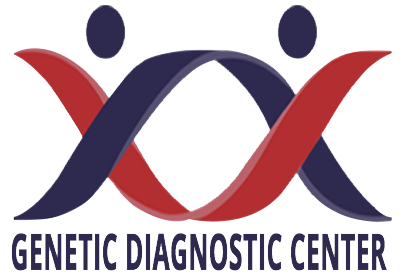

Your Treatment Should Be Unique To You
Genomind’s state-of-the-art Processional PGx test examines a panel of 24 genes that are used to inform treatment for many psychiatric conditions. The information provided by this report is designed to help clinicians make more informed treatment decisions, and to help avoid the painful process of trial and error.
There are over 270 medications containing warnings, precautions and dosage recommendations based on specific gene variants.
Your body has unique ways of responding to treatment based on your DNA.

CLINICAL EVIDENCE
We are learning and validating our test every day. Below is a collection of studies and reviews which demonstrate the value of using Genomind® Professional PGx Express™. As the science advances, we waste no time to update our test alongside it; we continually update our test as new information, drugs and study results become available.
Genes Analyzed
Each report looks at both Pharmacodynamic and Pharmacokinetic .
Pharmacodynamic: this refers to the effect that a drug has on your body. For example, a drug might bind to a certain receptor in your brain, or you might make a certain protein that increases your risk of a drug induced rash. These are all pharmacodynamic parameters.
Pharmacokinetic: this refers to the effect that your body has on a drug. For example, your body can absorb and metabolize certain drugs at different speeds which can help personalize medication dosage. These speeds are different between people and are known as pharmacokinetic parameters.
Images below are a sample of the report and do not show the full report.

Gene Variation Summary
The gene variations report provides the patient genotype for each of the gene variants on our panel. The color coded genotype reflects the patients inherited alleles, or variants, at a particular location within the tested gene. The report also provides specific therapeutic guidance related to certain medications, or non-drug options like exercise or TMS.

Gene Drug Interaction Summary
Each patient report includes a gene-drug interaction summary. The gene-drug interaction summary provides information about how the patient’s genetic profile interacts with medications commonly used in psychiatry. This summary table lists medications in alphabetical order by generic name and drug class.

Diagnosis-Specific Summary
Diagnosis-specific Summary Pages will provide a visual plot of drugs and augmentation strategies for a particular condition. The medication position will shift left or right based on known gene-drug interactions.
- Alert/Caution: Drugs will shift to the left if a patient has genetic variations that may reduce efficacy, increase likelihood of side effects or alter drug metabolism/absorption.
- Standard Options: Drugs that are not shifted indicate that there are no significant gene-drug interactions for the patient.
- PGx Guided Options: Drugs will be shifted to the right if the patient has genetic variations that may increase likelihood of efficacy or tolerability.







